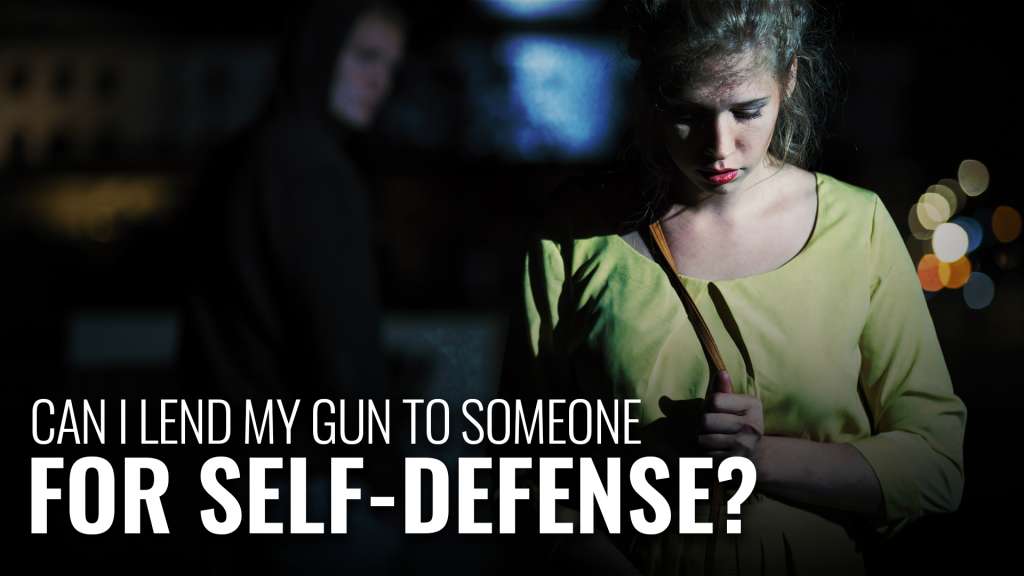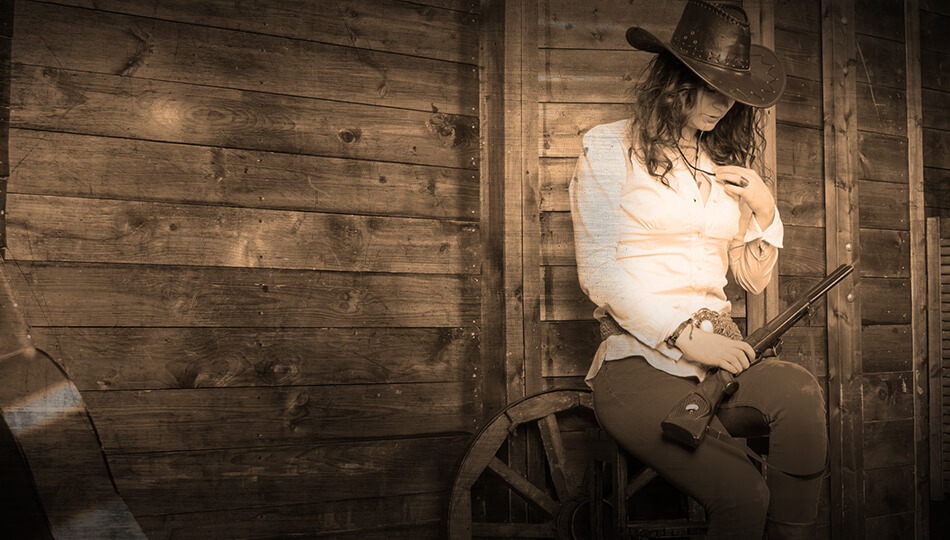
You loan your firearm to your best friend. What happens if they find themselves in a situation where they have to use it in self-defense? Is it legal? Are you responsible for your friend’s actions with your firearm?
What the law says
Florida law does not require a firearm to be registered when you sell or lend it to another person. Therefore, a person is free to lend their firearms to other individuals, with a few restrictions. State and federal law prohibit certain people from possessing firearms. You may not knowingly lend to these people. For example, prohibited persons include convicted felons or someone who was convicted of a crime of domestic violence.
A general rule
You should never lend your firearm to anyone under the age of 18, as there are some specific requirements regarding when a minor may possess a gun. Furthermore, you can be liable for loaning a firearm to a person who will not use or handle it in a responsible manner. For instance, never lend your firearm to someone who is under the influence of alcohol or controlled substances, or to someone you know suffers from mental illness or who is behaving erratically. Following these parameters will help keep you on the right side of the law.
As long as your friend is legally able to possess a firearm, and not displaying any behaviors that should tip you off to a problem, you would not be criminally or civilly liable if he is forced to use your firearm to defend himself.
If you have any questions about lending your firearm to a third party, please call U.S. LawShield and ask to speak to your Independent Program Attorney.





When I was young I lent a gun to a friend who said he wanted to teach his girl friend how to shoot. A while later I asked him to return the gun. He said that he sold it when he needed money. I have had similar experiences lending tools to friends. Since then I have learned not to lend to friends
I see it as being in the same category as lending money to a friend or family member. It may seem o.k. at the time, but it can come back to bite you. Speaking from experience.
I learned long ago not to lend anything that I wanted to get back. Tools, books, money; once they leave your hands you can kiss them goodbye. In the past I’ve “lent” money to family members and just wrote it off when I sent it. If it came back that was a bonus. I would never lend a gun to anyone, so the question of liability is a non-issue.
What I can afford to lend, I can afford to give. I’m with Paul: once I transfer it, I consider it gone.
I bought 2 handguns from a friend of mine. Am i allowed to conceal carry one? I have a written agreement that i bought the gun from the person with her signature and amount i paid for the pistol